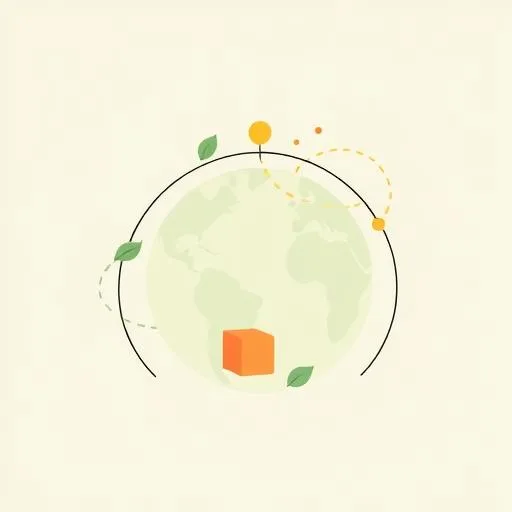
The other day, I was watching my daughter meticulously click together a tower of colorful plastic blocks. That satisfying snap as each piece found its place was everything. Each block, so small on its own, became part of something bigger, something imaginative. And it hit me—this is exactly what’s happening on a global scale. It reminded me of something bigger I saw online—news from the Semicon Network Summit in Taipei popped up on my screen, with leaders from 28 countries talking about semiconductors—the tiny electronic blocks that build our modern world. They were calling for trust and cooperation, and I thought, WOW. They’re trying to figure out the same things we are in our living rooms: how to build something amazing and resilient, together.
The World’s Biggest Jigsaw Puzzle
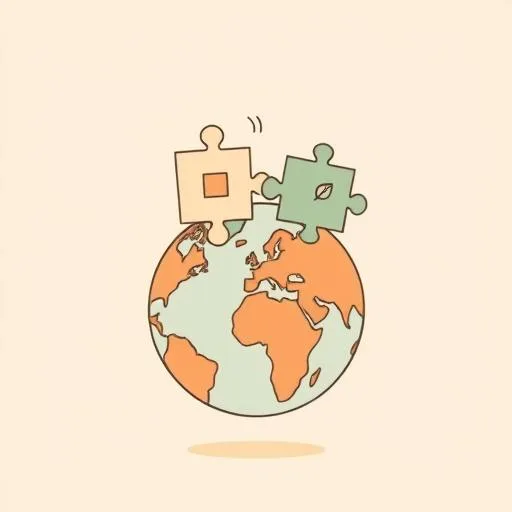
The summit brought together folks from the U.S., Japan, the EU, and beyond, all wrestling with one giant puzzle: how to make the semiconductor supply chain work for everyone. It’s a network that’s incredibly complex, with different parts made all over the world. The whole conversation was about getting everyone talking globally and creating “trusted, complementary, and sustainable partnerships.” It’s mind-blowing! They’re essentially trying to do on a global economic scale what we try to teach our kids in the sandbox: you’ll build a much cooler castle if you share your buckets and shovels.
It’s a powerful lesson in collaboration. We live in a world where it’s so easy to think in terms of “mine” versus “yours.” But this summit shows that the biggest, most important challenges can only be solved when we work together. It’s a beautiful reminder that our kids are growing up in a world that is, and always will be, deeply interconnected. Encouraging them to see the value in teamwork, to listen to their friends’ ideas, and to share their own—that’s not just playground politics; it’s preparing them to be citizens of a world that thrives on connection.
When the Tower Tumbles: A Masterclass in Resilience
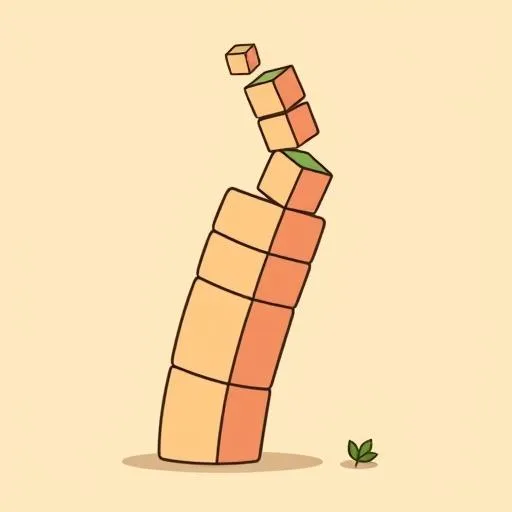
One of the biggest buzzwords at the summit was “resilience.” The whole industry is grappling with how to handle disruptions, whether from geopolitics or other global events. As I read in a recent summit report, research highlights just how shaky things can feel; one Capgemini study pointed out that only two in five semiconductor organizations feel confident in their supply chains. That feeling of uncertainty? As parents, we know it ALL too well! We’re constantly navigating unexpected tumbles, whether it’s a sudden fever, a scraped knee, or a friendship hiccup.
This is where the real magic happens. When my daughter’s block tower wobbles and crashes, my first instinct isn’t to rebuild it for her. It’s to cheer on her next attempt! “Oops! Let’s see if we can make the bottom wider this time!” That’s resilience in action. It’s not about preventing every fall; it’s about fostering the courage and creativity to get back up and try again, maybe in a totally new way. The semiconductor industry is learning it has to be more adaptable, less reliant on a single source. We can teach our kids the same thing: to be flexible thinkers, to have more than one way to solve a problem, and to see a setback not as a failure, but as a fantastic opportunity to learn something new. That’s a superpower for life!
Our Living Rooms: The First Innovation Labs
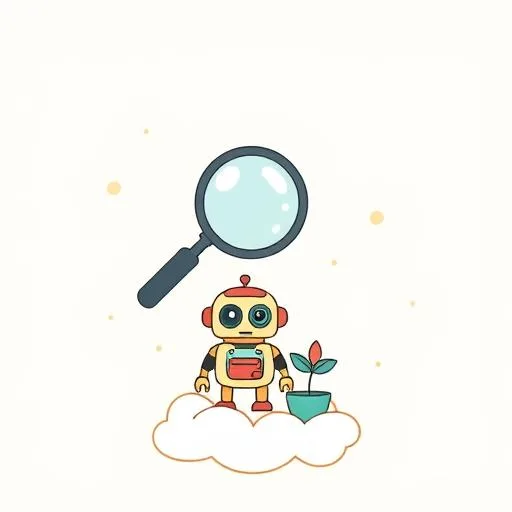
You know what really got me fired up? The summit had an entire session dedicated to “Talent Development.” Industry leaders are worried about finding enough brilliant minds for the future. And my first thought was: the talent pipeline doesn’t start in a university lab; it starts on the playroom floor! It begins with the kid who takes apart a toy just to see how it works, or the one who spends an hour figuring out how to make mud pies that don’t crumble.
The push for innovation in AI and other advanced technologies, which folks like TSMC’s C.C. Wei are leading, depends entirely on a future generation of curious, creative problem-solvers. Our job as parents isn’t to cram their heads with facts, but to fan the flames of their natural curiosity. It’s about creating a space where asking “why?” is the best question. When we let our kids experiment, get messy, and follow their own wild ideas, we’re not just keeping them busy. We are nurturing those very skills—the creativity, the critical thinking, the passion for discovery—that the world is desperately searching for. We are raising the next generation of innovators, right here in our homes.
Strong Roots and Wings to Fly
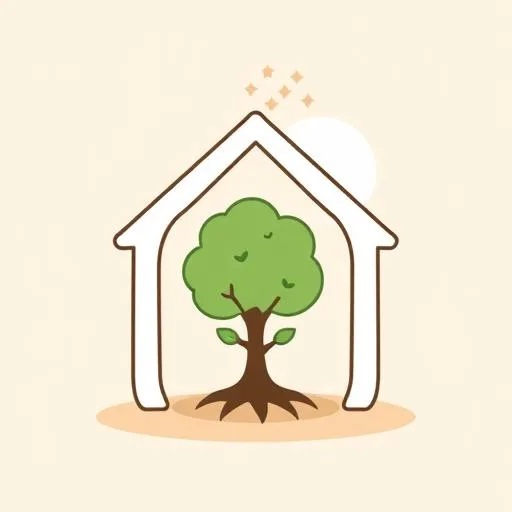
During the summit, Taiwan’s Minister of Economic Affairs, Ming-Hsin Kung, mentioned an approach that I just loved: It’s like giving kids strong roots at home so they can explore the world. What an absolutely PERFECT metaphor for parenting! It’s everything we want for our children, isn’t it? We want to give them deep, strong roots—a foundation of love, kindness, and trust that makes them feel safe and secure.
But we don’t want them to stay in the garden forever. We want those strong roots to give them the confidence to spread their wings and explore the world with an open heart and an inquisitive mind. We want them to connect with people from different backgrounds, to appreciate diverse perspectives, and to feel like they can make a positive contribution wherever they go. By building that secure, loving base at home, we’re empowering them to become the kind of people who can build “trusted cross-border partnerships” in their own lives, whether it’s on a playground or, one day, on a global stage. It’s about raising kids who know where they come from, but aren’t afraid of where they can go.
Watching these global leaders talk about trust and partnership, it’s clear they’re trying to build a more stable, predictable world. And as I watch my daughter place that final block on her wobbly tower, a huge smile spreading across her face, I realize we’re doing the exact same thing. We’re building the future—one of connection, resilience, and boundless hope. And honestly, there’s no more exciting project in the world.
Source: Semicon Network Summit Draws Industry Leaders From 28 Countries With a Call for Trusted Global Cooperation, Globe Newswire, 2025/09/09 09:46:00
